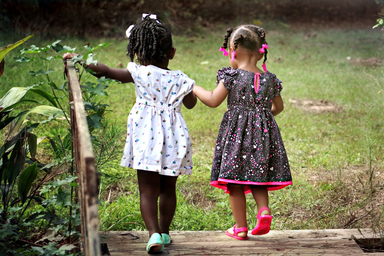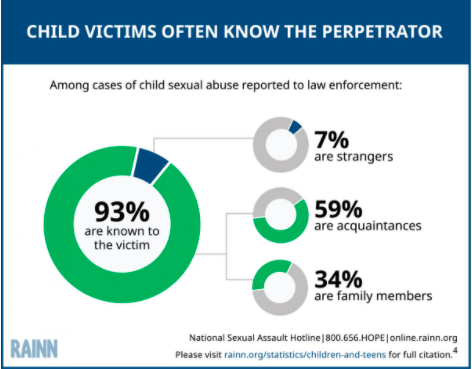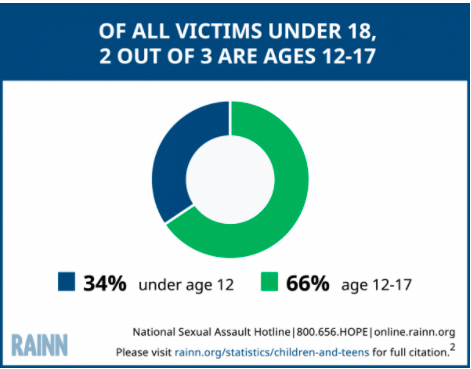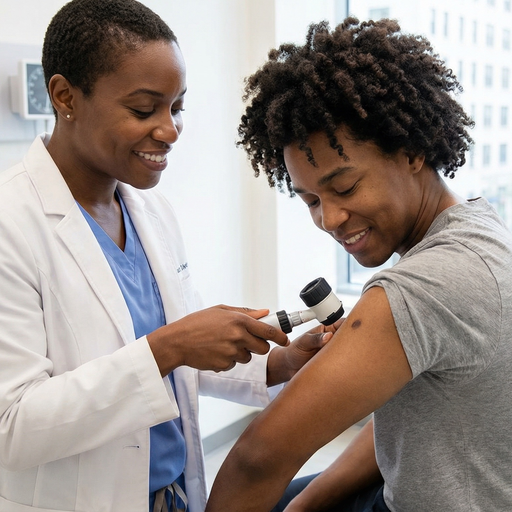Child Maltreatment is a Medical Concern

According to Childhelp, every ten seconds in the United States, child abuse reports are made, and 4 million referrals are made to child protection agencies. Child maltreatment and child abuse have been a growing concern that continues to hurt the victim of abuse in adulthood. In one study, nonclinical samples of adults in both the United States and internationally show self-reported childhood physical abuse with 10% to 31% in men and 6% to 40% in women.
The U.S. Department of Health and Human Services’ Children’s Bureau report Child Maltreatment 2010 found that 9.2% of victimized children were sexually assaulted. In addition, the health implications of ACEs can show high blood pressure, alcoholism, and poor nutrition in adulthood.

ACEs are “Adverse Childhood Experiences,” such as living in a physically abusive household, experiencing mental and emotional abuse from a caregiver, and having limited access to food and healthcare. ACEs have been linked to adverse adult health, but these experiences are rarely discussed when stepping into physician care. Addressing the abuse and neglect children are dealing with can increase their chances of good health, and validating adults’ experiences can help beginning heal and positive health.

Harvard Chan alumna Nadine Burke Harris, MPH ’02, said “trauma [public health crisis] during childhood can increase people’s risk for 7 out of 10 of the leading causes of death in the U.S.” Childhoodtrauma can lead to feelings such as lack of trust, fear, isolation, and neglect. It can also lead to depression, PTSD, constipation, and infrequent bowel movements. In addition, adults who have higher numbers of ACEs are also more likely to engage in high-risk health behaviors such as alcohol usage, drug use, and unprotected sex.
Children often do not have the space to vocalize abuse, especially if that treatment comes from caregivers. Stomach issues are one way that stress and anxiety often manifest in children who have many ACEs. If the violence against children is addressed, we would have a decrease in long-term health issues in adults. We bring this call to action to end childhood abuse for communities globally.
Call to Action:
- Ask and listen when children tell us how they feel about certain people or activities.
- Physicians need to recognize the history of childhood abuse in their patients. Specific somatic syndromes or symptoms could indicate, and questions should be asked.
- Mental health needs to be part of the conversation regarding physical health.
- Caregivers should communicate with their kids and allow for open discussion with primary care providers.
When approaching a child’s health or childhood memories, these questions and structures allow open dialogue and a collaborative approach between the child, caregiver, and physician. In addition, during the summer of 2022, HUED will be launching its E-learning pilot course centering on cultural competency. This program will equip care seekers and providers with the information needed to understand how these health detriments impact us individually and as a community.
Addressing child maltreatment and child abuse will help address the long-term health issues faced as adults. In addition, finding a provider that understands this health detriment can help open a dialogue about any ACEs.
Stay connected to us on Instagram @HUEDCO
Site content is provided for informational purposes only and is not intended to be a substitute for professional medical advice, diagnosis, or treatment.


